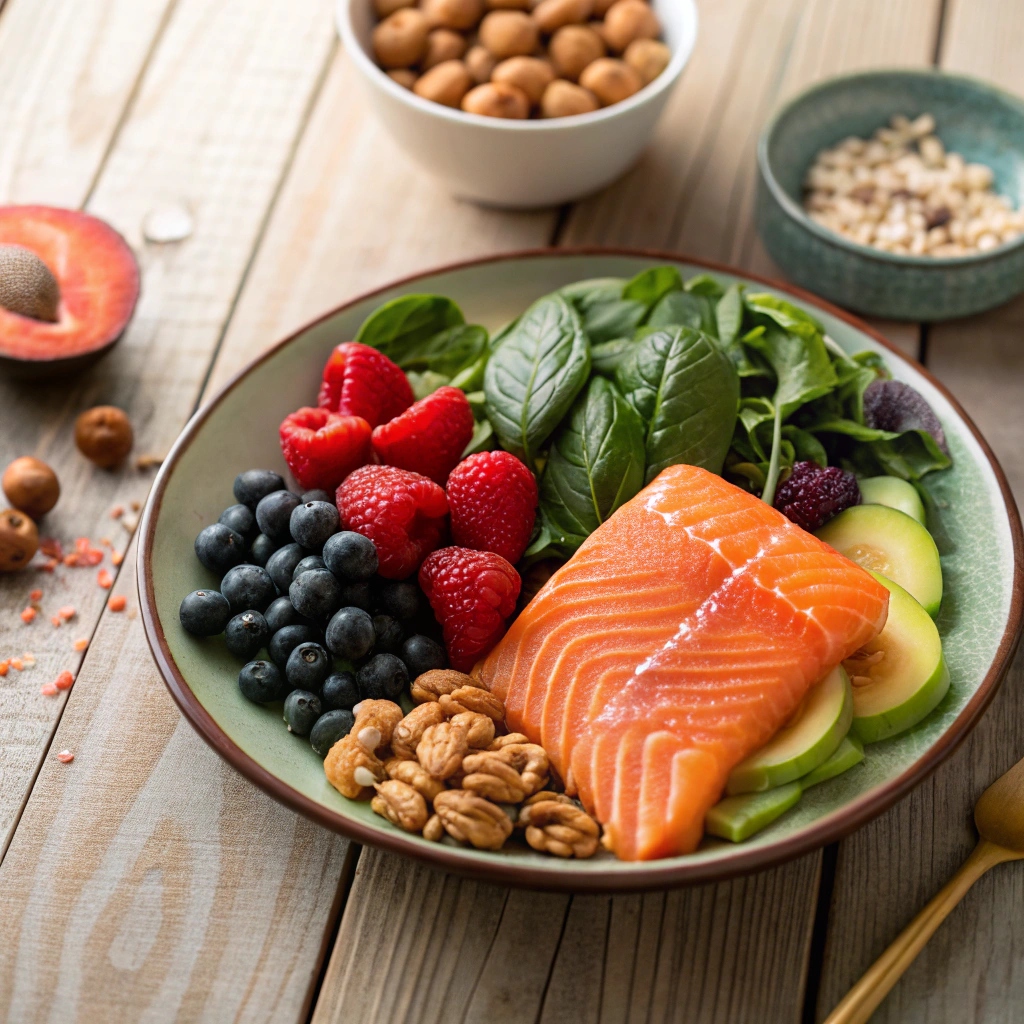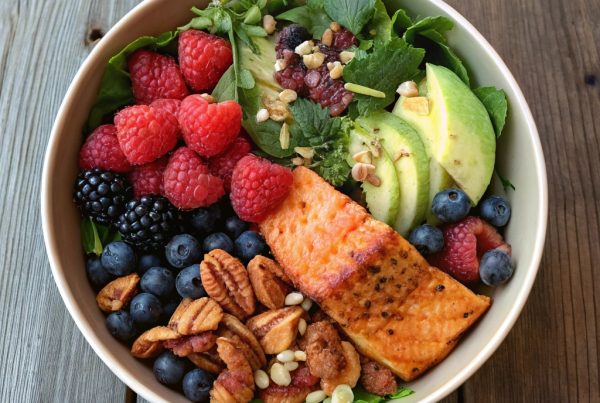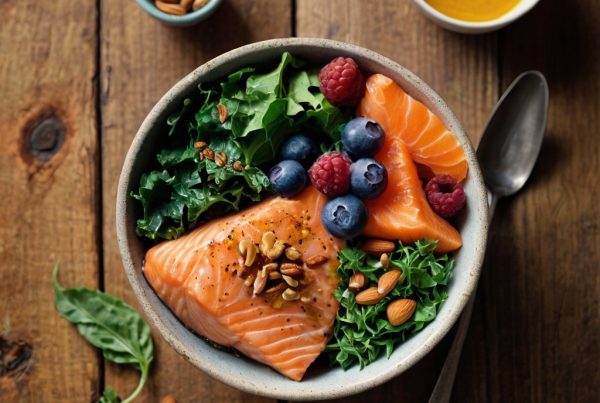Hydration and Recovery Speed
The key to faster recovery after intense training lies in fueling your body effectively. And a huge part of that is understanding hydration and its impact on speed.
Proper hydration isn’t just about drinking when you feel thirsty”it’s about consistently replenishing what you lose through sweat. Think of it like this: every muscle fiber needs water to function optimally, and dehydration directly slows down your recovery process.
During a tough workout, you’re losing fluids rapidly. Replenishing those lost electrolytes”sodium, potassium, magnesium”is just as important as plain water. Electrolytes help regulate fluid balance and muscle contractions.
Recovery speed is directly linked to how efficiently your body repairs damaged tissues. And adequate hydration plays a vital role in this process.
Consuming plenty of fluids after exercise helps shuttle nutrients like protein and carbohydrates to the muscles, accelerating repair and reducing inflammation. It’s like giving your body the building blocks it needs to rebuild stronger.
So, prioritizing consistent hydration and electrolyte replenishment is a fundamental strategy for maximizing recovery speed”allowing you to get back in the game sooner and perform at your best.
Fats for Cellular Signaling & Reduction
Now, fats play a really important role in how your body recovers from intense training. It’s not just about energy; it’s about supporting repair at a cellular level.
Think about it: when you push yourself hard during an athletic event, your cells experience some damage. These damages are caused by inflammation.
Certain fats, like omega-3 fatty acids found in fish oil and flaxseed, act as powerful anti-inflammatories. They essentially signal to your body to calm down the inflammatory response.
These fats aren’t just messengers; they’re crucial for cellular signaling and how cells communicate with each other. Without adequate fat intake, this communication can be disrupted, hindering recovery and potentially leading to increased soreness or injury risk.
Essentially, incorporating the right kinds of fats into your diet helps reduce inflammation and supports optimal cellular function, allowing you to bounce back faster after intense training.
Are you pushing yourself to the limit, training harder, going further, striving for that next personal best?
But what if your efforts are being undermined ? Constant inflammation can sabotage your performance, slow recovery, and ultimately hold you back.
It’s easy to focus on the workout itself, but neglecting how your body responds is a critical mistake.
Imagine consistently performing at your absolute peak faster times, stronger gains, quicker recoveries¦ all fueled by an optimized system.
Let’s dive into what you need to know about fueling your body for optimal performance through an anti-inflammatory diet, a strategy that could transform how you train and compete.
Food as Medicine for Performance
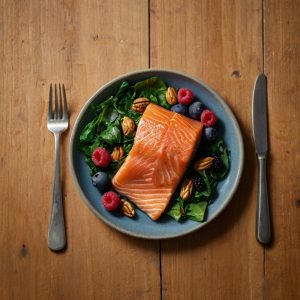 Despite pushing your body through intense training, it’s easy to overlook how powerfully food can impact recovery. You see, performance isn’t just about the hours spent at the gym; it’s fundamentally linked to what you fuel your system with.
Despite pushing your body through intense training, it’s easy to overlook how powerfully food can impact recovery. You see, performance isn’t just about the hours spent at the gym; it’s fundamentally linked to what you fuel your system with.
Think of food as medicine for performance, a way to actively combat inflammation and support tissue repair after exertion. When you push hard, your body creates inflammatory compounds. These are natural responses that help with healing, but prolonged or excessive inflammation can hinder progress and even lead to injury.
Foods rich in antioxidants”like berries, leafy greens, and colorful vegetables”help neutralize these free radicals, reducing the overall inflammatory burden on your body. Similarly, incorporating healthy fats like those found in avocados and nuts provides essential building blocks for cell repair and hormone production, which are crucial for recovery.
Protein is also absolutely key; you need it to rebuild muscle tissue damaged during workouts. But choosing complete protein sources”like lean meats, fish, or beans”over processed options ensures your body gets the full spectrum of amino acids it needs for optimal repair.
Hydration’s Influence on Inflammatory Response
During intense physical activity, your body undergoes a tremendous amount of stress. This naturally triggers an inflammatory response; it’s a crucial part of the healing process, helping repair damaged tissues. However, excessive or prolonged inflammation can actually hinder recovery and contribute to fatigue, soreness, and potentially long-term issues.
Hydration plays a massive role in managing this inflammation. When you sweat, you lose fluids and electrolytes like sodium and potassium which are vital for regulating your body’s response to stress. Dehydration can amplify the inflammatory reaction, making it more intense and prolonged.
Think of it like this: if there isn’t enough water readily available to buffer those inflammatory chemicals, they linger longer in the tissues, causing more irritation and delaying repair. Proper hydration helps flush out these excess substances, keeping inflammation under control.
Furthermore, certain beverages, particularly those containing antioxidants, can directly combat inflammation. Water is obviously key, but incorporating drinks like coconut water (naturally rich in electrolytes) or herbal teas can further support this process.
These fluids deliver compounds that neutralize free radicals and reduce oxidative stress, which are major drivers of inflammation. Maintaining adequate hydration ensures your body has the tools it needs to effectively manage and mitigate inflammatory responses after training.
Optimizing Athletic Recovery Naturally
It’s easy to think pushing harder through pain is the key to unlocking peak performance especially when you’re on the field or in the gym. But what if that constant strain is actually your progress?
That extra hour of training, while it might feel productive, could be contributing to persistent soreness and inflammation, slowing recovery down instead of speeding it up.
While you’re battling through fatigue, elite athletes are meticulously crafting diets that actively combat the damage and accelerate healing.
The secret isn’t just about feeling good; it’s about strategically fueling the body to rebuild stronger, faster.
Every missed recovery window is a lost chance for optimal muscle repair and reduced risk of injury potentially costing you valuable performance gains.
Here’s what most sports nutrition experts won’t readily share: optimizing athletic recovery isnt about generic supplements; it’s about understanding how specific foods directly impact inflammation levels within the body.
Lets dive into exactly which dietary strategies can transform your recovery and unlock your full potential.
Personalized Nutrition for Athletes
Yes, fueling recovery is absolutely key when it comes to athletic performance. And a big part of that is what you’re putting *into* your body specifically, whole foods designed to tackle inflammation.
Think about this: intense training creates micro-tears in muscle tissue and triggers an inflammatory response. Ignoring this can lead to soreness, stiffness, and even slower recovery times.
Foods rich in antioxidants like berries, leafy greens, and colorful peppers help combat those free radicals that contribute to inflammation. Plus, lean protein is crucial for repairing damaged muscle fibers.
Personalized nutrition means understanding *your* body’s specific needs based on training intensity, duration, and individual factors.
For example, a marathon runner might benefit from increased carbohydrate intake to replenish glycogen stores, while a weightlifter could prioritize protein for muscle repair. It’s about listening to what your body is telling you” paying attention to how different foods affect your energy levels and recovery rate.
Ultimately, fueling recovery with whole foods, prioritizing anti-inflammatory ingredients and tailoring your intake to your specific activity level will help you bounce back stronger and perform at your best.
Whole Foods Timing for Optimal Healing
While recovery is key for athletes, timing your nutrition plays a huge role in speeding up healing.
Thinking about it, fueling your body immediately after intense activity with the right foods can make all the difference.
After a tough workout, you want easily digestible carbohydrates to replenish glycogen stores”think fruit or a small amount of white rice. This helps kick start recovery and reduces inflammation quickly.
Following that, incorporating protein for muscle repair lean meats, fish, or plant-based options like beans are great choices. Timing this within 30-60 minutes post-exercise is crucial for optimal rebuilding.
Essentially, strategically timing your whole foods intake”starting with quick carbs and then adding in protein”can significantly accelerate the healing process and boost performance.
Inflammations Role in Injury
Your little one can’t stop experiencing injuries and it might be more than just bad luck. Let’s talk about the role in how your body recovers after a workout or an accident.
Inflammation is actually a really important part of the healing process. When you push yourself physically, tiny damage occurs to muscle fibers and tissues. Your body recognizes this damage and kicks off an inflammatory response; it’s like sending in the cleanup crew! This initial inflammation brings immune cells to the site, which are crucial for repairing the damaged tissue.
Think of it like a controlled burn. A small amount of inflammation helps build stronger, more resilient muscles and connective tissues over time. However, when this response becomes *chronic* meaning it stays active for too long that’s where problems start. Prolonged inflammation can actually hinder the healing process, creating scar tissue instead of healthy muscle, and potentially increasing your risk of re-injury.
Certain foods and drinks can fuel this chronic inflammation. Processed sugars, refined carbohydrates, and excessive amounts of unhealthy fats are common culprits. These things trigger an overreaction in your body’s immune system, leading to a sustained inflammatory response.
This doesn’t mean you have to eliminate these foods entirely; moderation is key! But understanding how they contribute to inflammation can help you make smarter choices that support optimal recovery and reduce the risk of persistent injury.
Long-Term Fueling Strategies
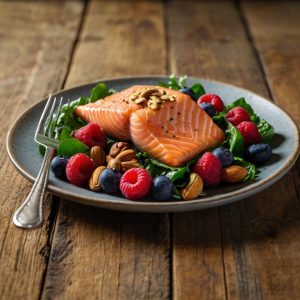 With recovery in mind, fueling your body properly is key. It’s not just about quick fixes”it’s about building a long-term strategy that supports healing and performance.
With recovery in mind, fueling your body properly is key. It’s not just about quick fixes”it’s about building a long-term strategy that supports healing and performance.
Focusing on whole foods provides the nutrients needed to combat inflammation and promote repair.
Think vibrant fruits and vegetables packed with antioxidants, lean proteins for muscle rebuilding, and healthy fats like those found in avocados or nuts. These choices provide building blocks that help your body recover efficiently.
Consistency is also important”establishing regular eating habits ensures a steady supply of fuel to support the healing process.
Planning meals ahead of time can make it easier to stick with healthy choices and avoid relying on processed foods that might hinder recovery. It’s about creating sustainable fueling strategies, not short-term restrictions.
Ultimately, prioritizing whole foods and consistent eating habits creates a powerful foundation for sustained recovery”supporting your body’s ability to bounce back stronger than ever.
Integrating Nutrition for Peak Performance
It’s like fueling your body properly is a secret weapon for athletes. Recovery isn’t just about rest; it’s deeply connected to what you consume.
Think about how powerful whole foods are: they pack in nutrients that actively fight inflammation, which often flares up after intense training.
Foods like berries, leafy greens, and fatty fish are brimming with antioxidants” these help repair damaged cells caused by exercise. And consider incorporating turmeric or ginger; both have natural anti-inflammatory properties that can speed your recovery time.
Focusing on a diet rich in protein is also key for muscle repair. You need amino acids to rebuild those muscles after a tough workout.
Lean meats, eggs, and beans are excellent sources of this essential nutrient. Plus, don’t forget about healthy fats” avocados and nuts provide the building blocks your body needs to function optimally.
So, integrating nutrition that actively combats inflammation through whole foods rich in antioxidants and protein is a game-changer for athletes striving for peak performance and faster recovery.
Gut Health & Performance
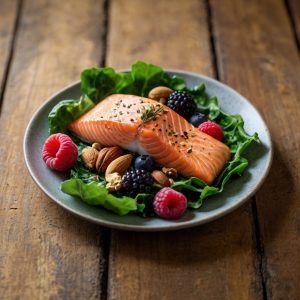 True, your performance really hinges on how well your body is functioning and a huge part of that comes down to your gut. You see, what you eat directly impacts the health of your digestive system, which in turn affects everything from energy levels to muscle recovery.
True, your performance really hinges on how well your body is functioning and a huge part of that comes down to your gut. You see, what you eat directly impacts the health of your digestive system, which in turn affects everything from energy levels to muscle recovery.
A healthy gut microbiome that’s the community of bacteria living in your intestines is absolutely crucial for peak athletic performance. These little guys help break down food, absorb nutrients, and even play a role in reducing inflammation throughout your body.
When your gut isn’t thriving, it can lead to increased inflammation, which can hinder muscle repair, slow down recovery times, and generally make you feel sluggish. Think of it like this: if your gut is struggling, the rest of your system has a harder time functioning at its best.
Specifically, certain foods such as processed sugars, refined carbohydrates, and even excessive amounts of unhealthy fats can disrupt that delicate balance in your gut, leading to inflammation.
Conversely, incorporating plenty of fiber-rich foods like fruits, vegetables, and whole grains, along with probiotic-rich foods like yogurt or kefir, can nourish those beneficial bacteria and promote a healthy, anti-inflammatory environment within your digestive system.
Rebuilding from the Inside: It’s More Than Just Protein Shakes!
Optimal recovery isn’t just about brute force and pushing through pain.
Truly effective healing hinges on fueling the body with nutrient-dense, whole foods that actively combat inflammation. Focusing solely on protein after a workout misses a critical piece of the puzzle: chronic inflammation is a silent saboteur, hindering repair and prolonging recovery times. Foods rich in antioxidants, healthy fats like omega-3s, and anti-inflammatory spices”think berries, leafy greens, turmeric, and fatty fish”provide targeted support at the cellular level. Ignoring this aspect means potentially delaying progress and increasing the risk of injury or persistent discomfort.
Prioritizing whole foods alongside traditional recovery methods accelerates healing, reduces soreness, and maximizes performance gains. A strategic dietary approach can significantly impact how quickly a body bounces back from intense training or physical exertion. Its about building resilience from the ground up.
Start nourishing your body with the intention today to experiment with colorful fruits and vegetables, explore healthy fats, and discover the powerful connection between food and recovery. Invest in this foundational element, and watch as your potential unfolds with remarkable speed and strength.

